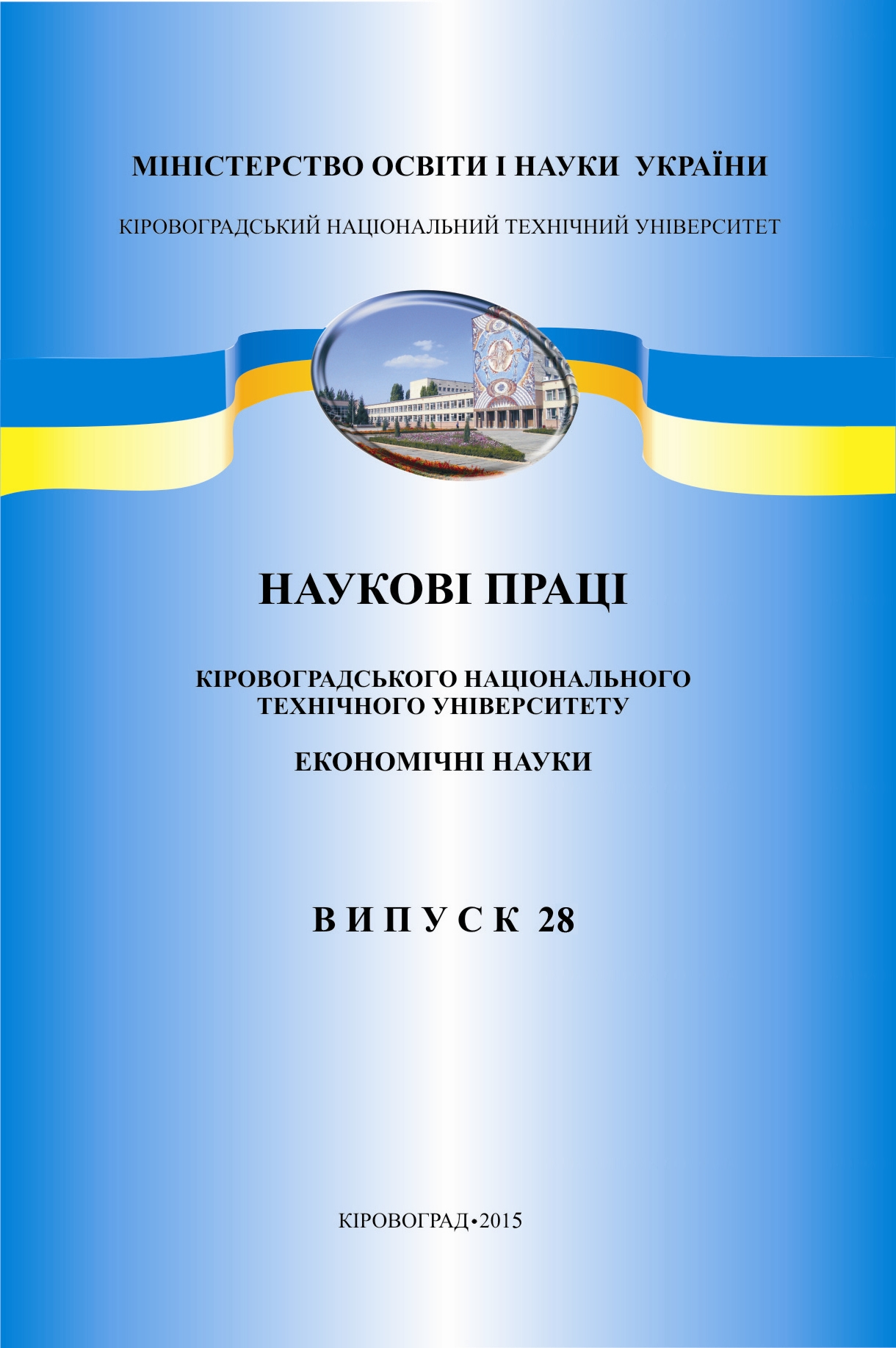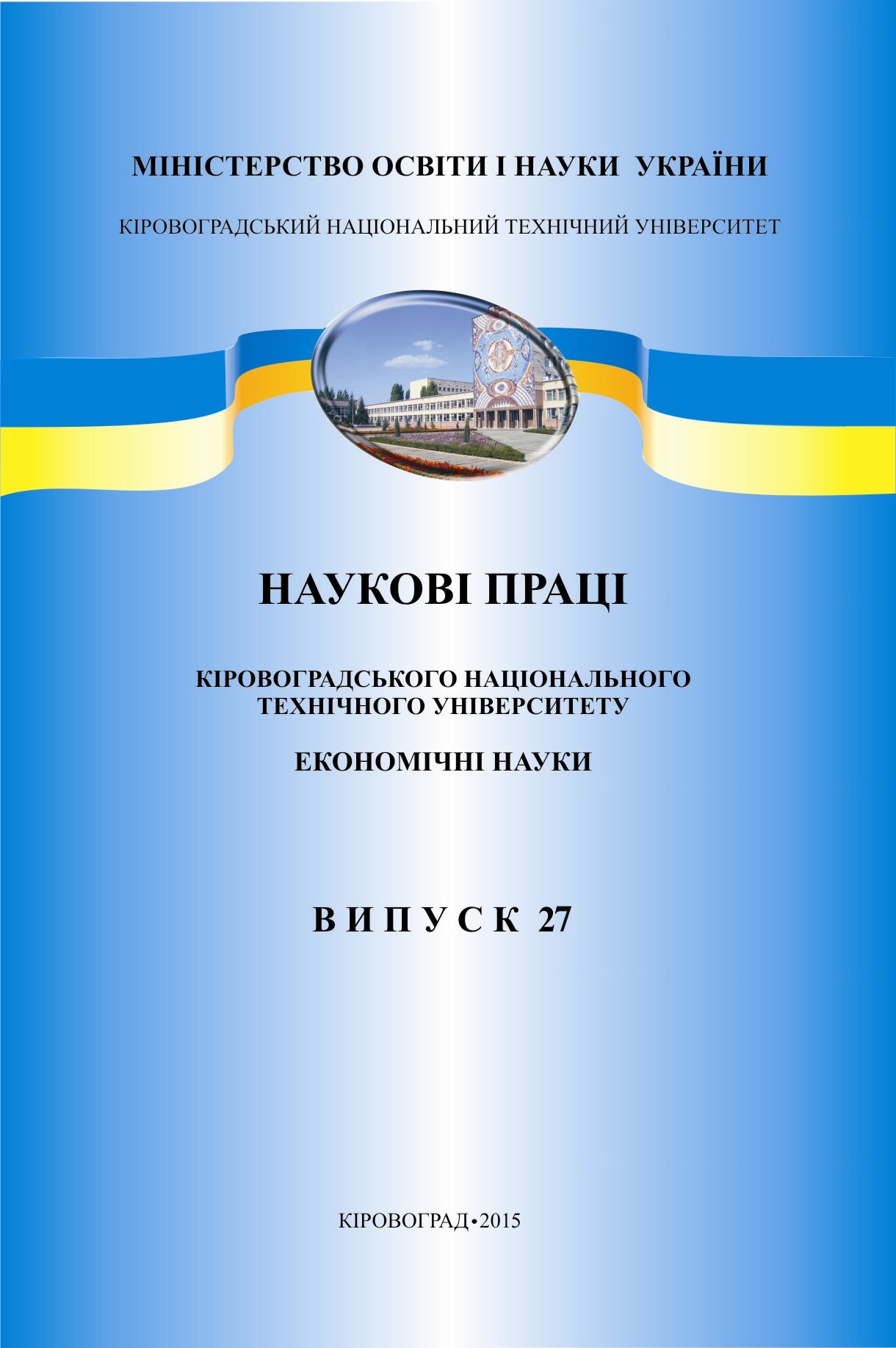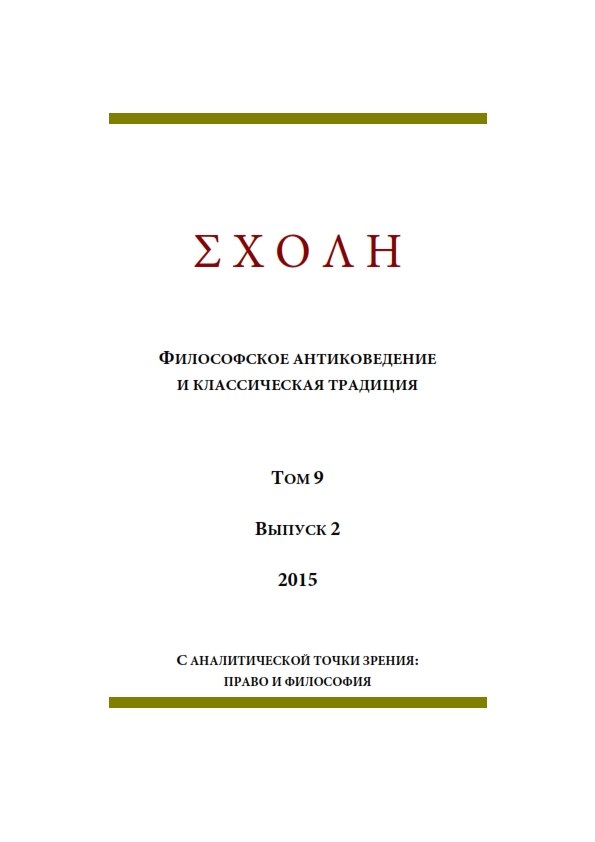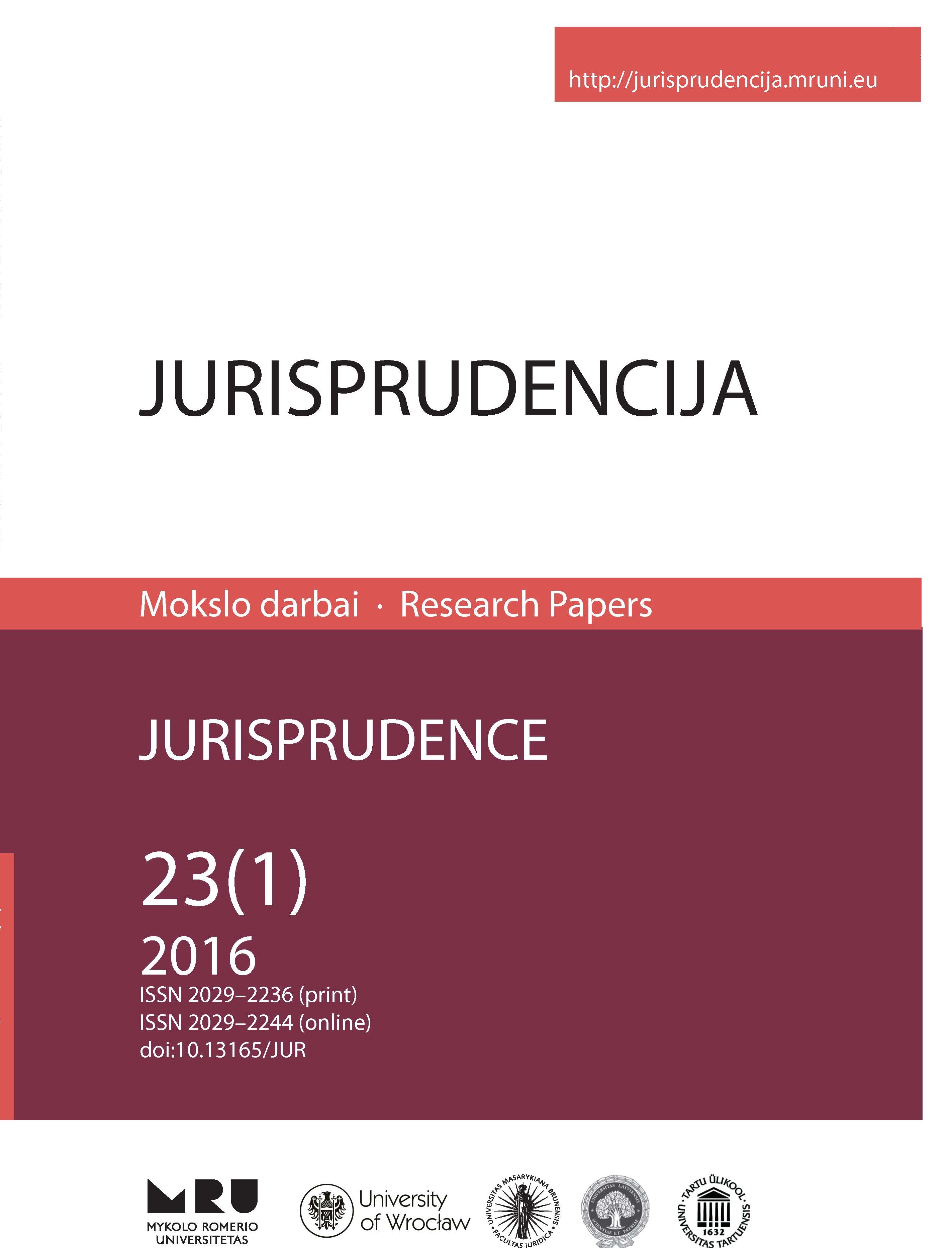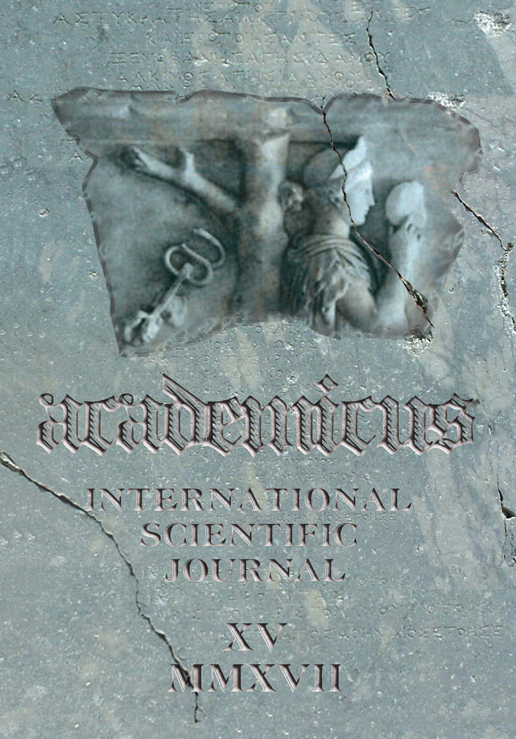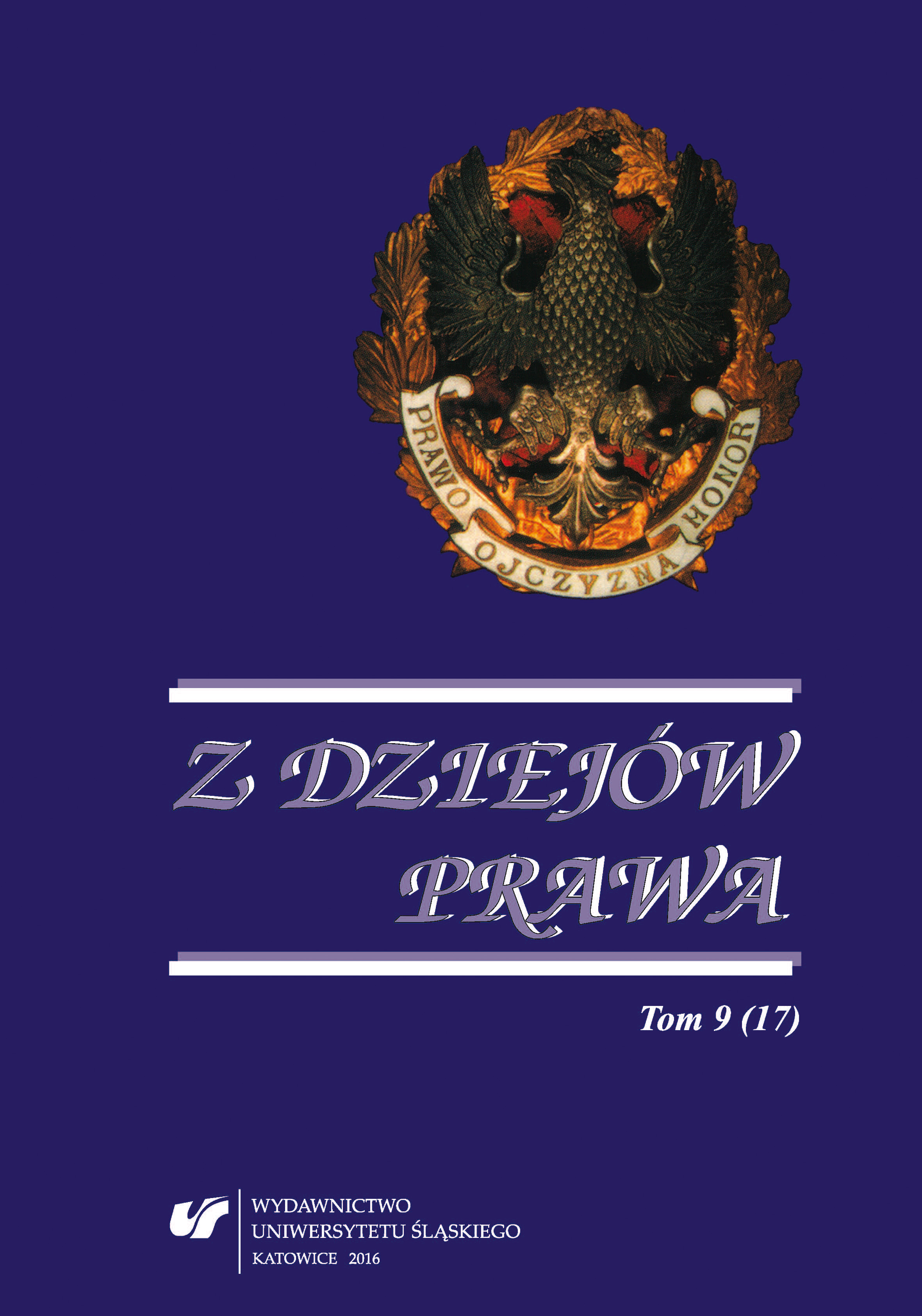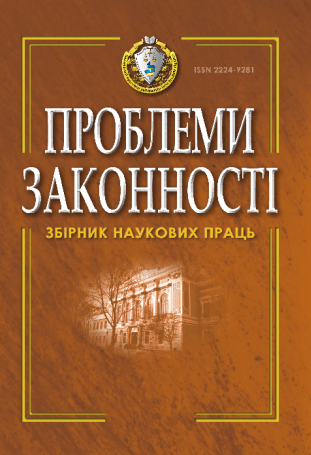
Особливості становлення та розвитку законодавства про біосферні заповідники
The purpose of the article is to study the formation and development of the legal framework for the conservation of nature, in particular features of formation of the legislation on biosphere reserves and their importance in the field of protection and conservation of biodiversity in Ukraine, starting from the IX century up to present time. The study is important to improve the practical relevance of biosphere serves and to develop ways to implement its functions and objectives.A long historical process of formation and development of legislation on biosphere reserves should be divided into two chronological periods. The first one includes the development of legislation on the protection of valuable natural objects and territories and the scientific work performed in the period of feudal, early capitalist development and the beginning of the soviet period (from the ninth century till the 50-ies of the XX century); the second period refers to the end of the soviet period and modern stage of development of the legislation concerning biosphere reserves (from 50-ies of the XX century till the modern times). This periodization is due to the fact that the biosphere reserve as a separate special category of protected areas appears only in the second half of the twentieth century.The concept of biosphere reserve was introduced in 1971 by the intergovernmental scientific program of UNESCO «Man and biosphere» (MAB), whose mission from the very beginning of the transaction was to create a scientific basis to improve the interaction between man and environment. The program was perceived by the Ukrainian SSR and was further developed in Ukraine.Only with the adoption on June 16 1992 of law of Ukraine «On nature reserve fund of Ukraine»,which defined the biosphere reserve as an environmental research institution of international significance with its own task, the biosphere status was enshrined at the legislative level for the biosphere reserves which are already functioning in Ukraine. Therefore, biosphere reserves than other categories of natural reserve fund is a new separate form of protection of unique landscapes, considering that it is necessary the further study of the peculiarities of their functioning, the study of foreign experience of legal regulation of biosphere reserves and the development of ways of development of national legislation in relation to the objects of natural reserve fund.
More...
